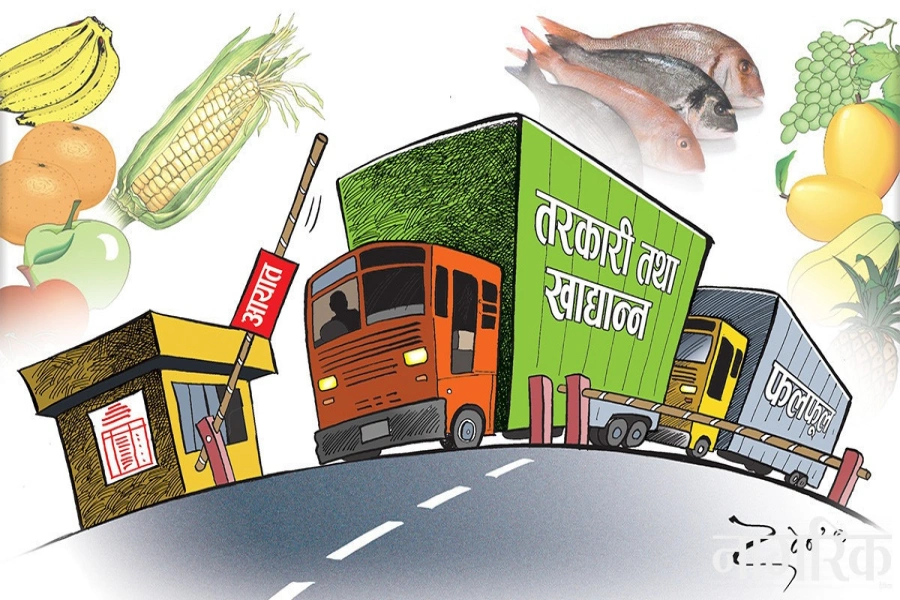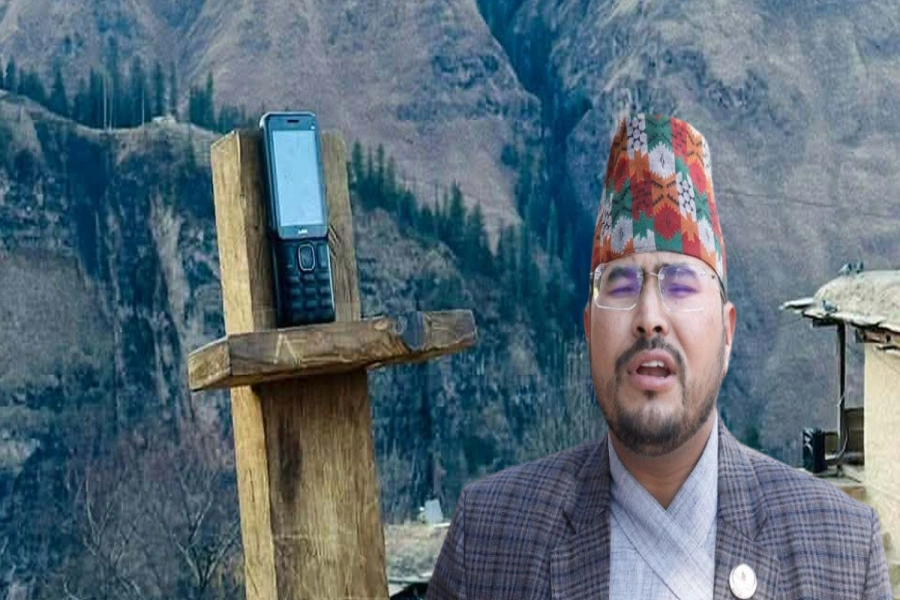A very popular defense for not being able to read a lot of books is the abundance of newspapers. We have all heard it.
People may confess to not having picked up a novel or finished a story in a long time but many also are quick to add that this doesn’t mean they haven’t been reading.
They cite newspapers and magazines as the alternative and a good one at that. So The Week asked several readers for their opinion. Can newspapers and online articles make up for books? Here is what they had to say:
Helping children enjoy reading

Chandani Thapa
I think we have all been there, when months go by without reading or finishing a book. The struggle is real. It can be very difficult to make time for books, especially once you have a job. Thus, you can see why people would prefer newspapers and magazines more. Though you have to admit, reading them takes commitment too. Articles may be easy to finish but one has to consciously crave out time for those too. So at the end of the day, perhaps it is all about our desire to read.
But I don’t want to pit books and newspapers against each other. I don’t think it is a fair comparison. They serve two completely different purposes. Newspapers have always been about obtaining information whereas books are about indulging yourself. There is no comparison to the impact that can be felt through books. For instance, the good novels that I had read back in my school days still stay with me. It’s amazing that after all these years whenever I think of a particular book that I really enjoyed, I feel this kind of fluttering sensation. There hasn’t been a newspaper article that has ever made me feel that way. In my opinion, the sort of impression books can leave simply can’t be replicated through newspapers and online articles.
Pramod Rai
Personally, I’m big fan of autobiography especially Nepali autobiographies. I have read every one of them from Karna Shakya to Bijay Kumar. I have always been in awe of how a book can capture the essence of somebody’s life. The way a 50 or 60 plus years of experience, hardship, achievements and lessons can be documented for somebody else’s benefit is amazing. Not to mention the fact how it helps readers around the world connect and feel inspired. I simply don’t see newspapers and magazines ever creating this sort of impact.
So indeed, a tweet may be more entertaining, a short story may be more convenient however, to really immerse ourselves in a story, I haven’t found another alternative to books. Time is simply an investment we have to be willing to make. It may not always be easy to do so, but it feels like it’s always worthwhile.
While newspapers are very useful, they can’t replace the joys of starting and finishing a good novel. Personally, it feels like articles could never take me to the kind of depths with which I’d like to explore a subject or a person’s life. They have various limitations from time to space. They can only scratch the surface of an issue but with books you can always expect full commitment and I really like that.
Shristi Shrestha
Being a media student, I have always been taught of the importance of newspapers and articles. I agree as well, they do play a crucial role, however, if you wish to grow as a person, I don’t think they alone are enough. We certainly need books for that. Newspapers are there to serve us hard and soft news but books help unravel our imagination. It takes us places, shows us things, helps us meet new characters and see different perspectives. Also people can’t unwind or escape the daily grind of life with newspapers, they have to pick a book for that. One reading itself can serve a multitude of purposes. In comparison, newspapers only offer compact information. Most of the times, the gist is in the first line itself.
I’d say, to an extent, the popularity of articles has actually slumped a little. Many people I know actually don’t go through hard copies of newspapers anymore. They prefer online materials and that too those links that pop up on their Facebook newsfeed. I don’t know many people who actively go looking for it. There may be a lot of talk about everybody being in a rush or people have less attention span than before but books have been able to maintain their charm.
Vishal Shrestha
I am a teacher and I have asked various batches of students about their newspaper reading habit. Sadly out of a class of 25 or 30, only a couple tends to raise their hands when asked if they regularly read articles and papers. This is such a common scenario that I constantly find myself encouraging students to read newspapers. In my opinion, they serve as an effective tool to develop a habit of reading in general.
However, that’s just the beginning. Newspapers certainly can’t be replacements for novels. In order to have a richer reading experience, we have to move on to books. There are no two ways about it. The stories and characters that unfold in books are fascinating and newspapers simply can’t match up to that allure.
While lack of time is a real issue, I believe as long as one has the determination, one will find a way. This is the age of tablets, apps and kindle. What’s more, many tech savvy inventions have been directed towards reading enthusiasts. Technology today might have been blamed for decreasing the new generation’s attention span but at the same time, it has bought about more convenient ways to indulge in our reading interests as well. So I’d say the important bit is to develop a hunger for reading. The rest will just fall into place.







































